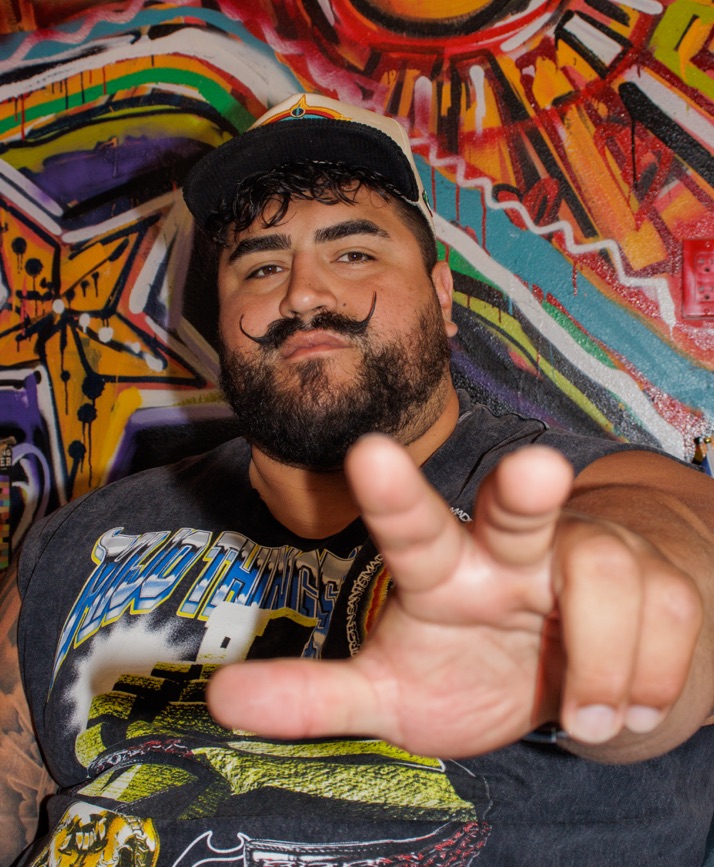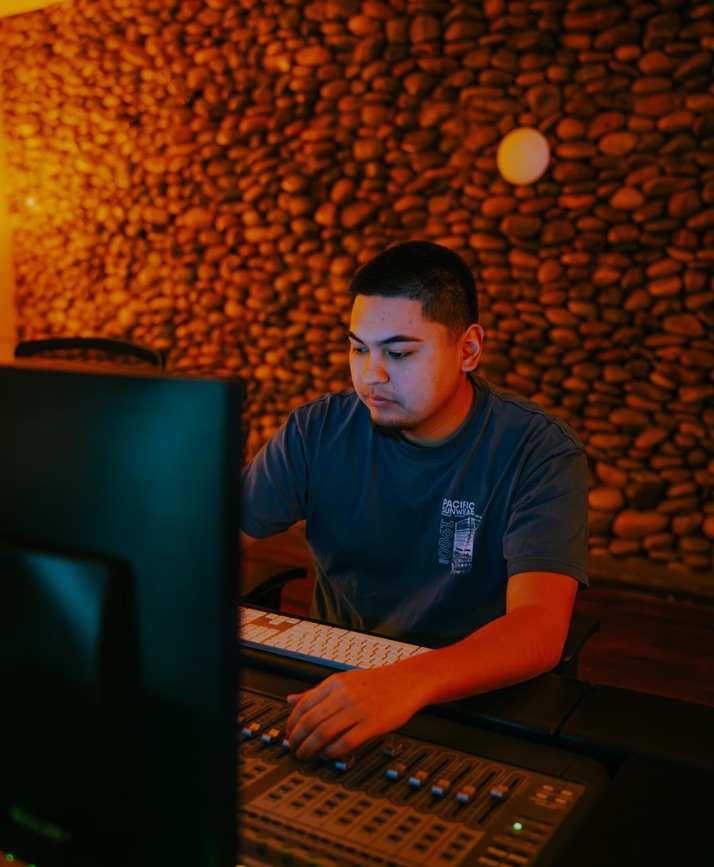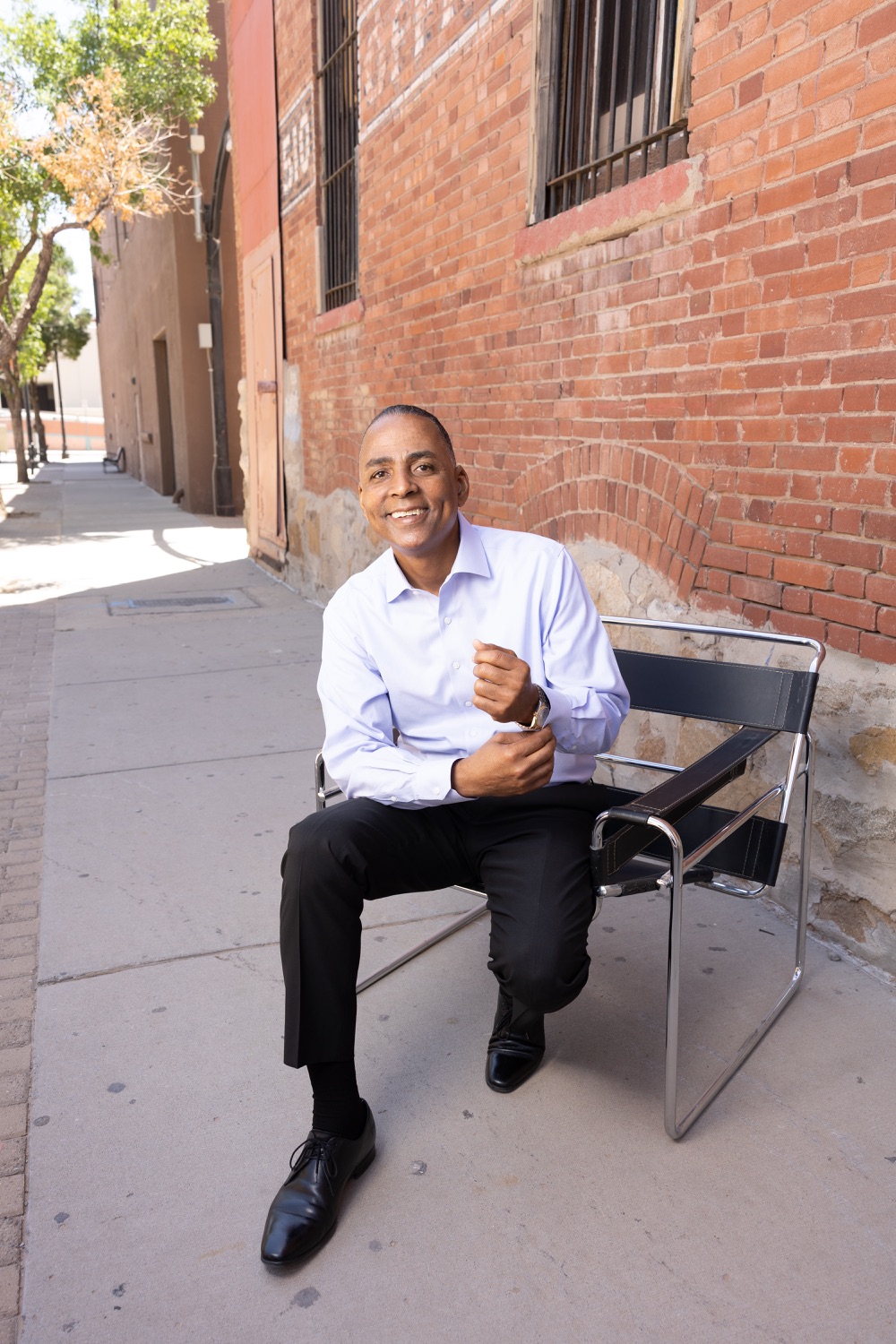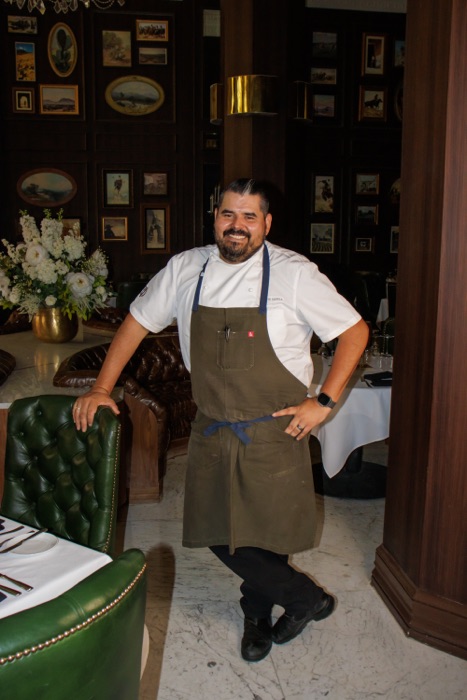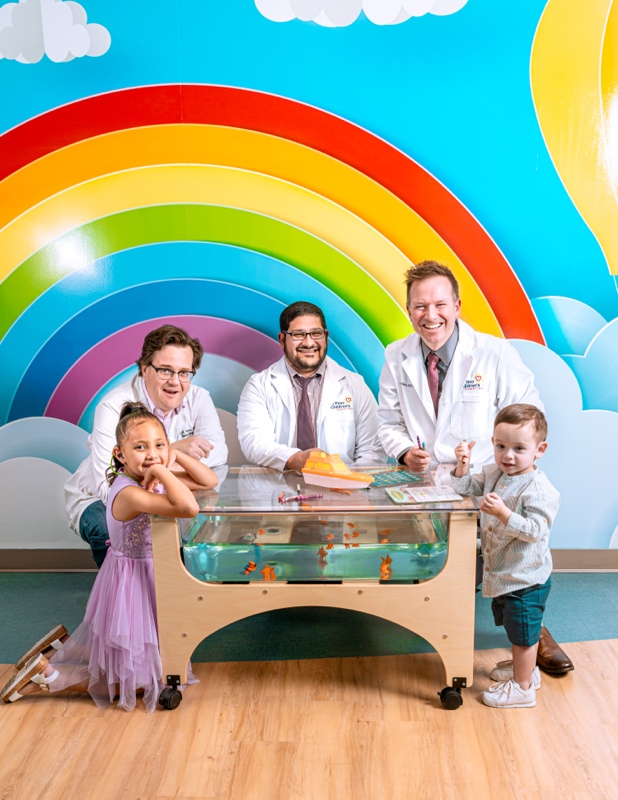
By
Erin Coulehan
Photography by
Sergio Olivas
An old grocery store in Central El Paso has been transformed into a community-driven pediatric specialty center that promises patients care in an environment that’s as fun as it is functional.
Access to specialized care for children with complex medical needs has historically posed challenges for families, especially those residing in underserved regions. However, the landscape is evolving, and at the forefront of this transformation stands the El Paso Children’s Hospital Multispecialty Center, a place of hope and innovation for pediatric healthcare in the region.
Led by Dr. Cindy Stout, President and CEO of El Paso Children’s Hospital, the MSC embodies a paradigm shift in pediatric healthcare delivery. Dr. Stout’s vision, rooted in a profound commitment to patient-centered care, has catalyzed the establishment of a comprehensive facility housing a myriad of specialties under one roof. This integration of services eliminates the arduous task for families of shuttling between different locations for various medical appointments, streamlining the process and ensuring holistic care for the young patients.
“How it works is very simple. As moms, we’re often scheduling different appointments for our children and have to go to different places within the city to see specialists. We’ve brought all the specialists together underneath one roof, and they’re able to consult with each other then come up with treatment plans specifically for the patient,” she says.
At the heart of the Multispecialty Center lies a team of dedicated physicians, including specialists from Texas Tech University Health Sciences Center El Paso, working collaboratively to devise tailored treatment plans for each child. With expertise spanning Pediatric Allergy and Immunology, Cardiology, Dermatology, Endocrinology, Gastroenterology, General Surgery, Nephrology, Neurosurgery, Otolaryngology, Orthopedic Surgery, and Urology, the Multispecialty Center is equipped to address a diverse array of medical conditions.
Additionally, the Multispecialty Center includes:
- 45 exam rooms
- 17 infusion rooms
- Audiology services
- Laboratory services
- Radiology services
“We treat brachial plexus clinic, spina bifida, vascular malformation, these are these types of diagnoses that are extremely difficult sometimes to diagnose, and certainly to treat,” explains Dr. Stout. “But when all the physicians are in the same room, assessing that child and talking with the parents, that’s the game changer.”
One of the standout features of the Multispecialty Center is its Cranial and Facial Clinic, helmed by esteemed surgeons Dr. David Yates and Dr. Ziyad A. Makoshi. This clinic represents a lifeline for children with craniofacial abnormalities, offering cutting-edge surgical interventions previously unavailable in the region. Dr. Yates and Dr. Makoshi’s collaborative approach, supported by advanced imaging technology and a multidisciplinary team, ensures that each child receives individualized care of the highest caliber.
“We’re one of the busiest centers in the country,” says Dr. Yates. “I feel very fortunate to be part of the team here. I don’t think I ever expected a career like this, with national and international patients. We see kids from all over the world and it’s an incredible privilege and honor to operate on these kids.”
The Cranial and Facial Clinic at El Paso Children’s Hospital has long been a beacon of hope for families grappling with complex medical conditions. Recognized by the American Cleft Palate-Craniofacial Association, this clinic represents a pinnacle of expertise, providing comprehensive care for children with facial, jaw, and skull abnormalities.
For patients like Jeremiah, who have craniosynostosis, access to care from esteemed surgeons is a life-changing blessing.
Craniosynostosis is a congenital condition characterized by the premature fusion of one or more of the fibrous joints, or sutures, between the bones of an infant’s skull. Typically, these sutures remain open during infancy to allow the skull to grow and expand as the brain develops. However, when one or more sutures close too early, it can lead to abnormal skull growth patterns, resulting in head shape abnormalities and potential complications such as increased intracranial pressure and developmental issues.
Dr. Yates and Dr. Makoshi worked together on Jeremiah’s case, which included extensive preparation prior to a five or six hour procedure.
“Together, we look at the scans. Then there’s a 3D reconstruction that’s created,” explains Dr. Makoshi.
The surgeons’ expertise, coupled with advances in surgical techniques and collaborative care, plays a pivotal role in improving outcomes and enhancing the quality of life for children like Jeremiah affected by craniosynostosis.
“Dr.Makoshi takes off the bone and then we perform the reconstruction. It’s nice because it’s a real collaboration,” says Dr. Yates.
The Multispecialty Center heralds a new era of collaboration and synergy, elevating the reach and impact of existing clinics to unprecedented heights. By integrating the Cranial and Facial Clinic into the Multispecialty Center framework, the hospital extends its continuum of care, offering families a seamless pathway to access a spectrum of specialized services under one roof.
“We work very closely with our physicians and listen to what their needs are. We look at what’s important for the community and where the gaps are. We knew that there was no such place to really be able to care for the children,” says Dr. Stout.
Dr. Jarrett Howe, a Pediatric Surgeon at El Paso Children’s Hospital, underscores the significance of the MSC as a transformative force in pediatric healthcare. With a commitment to excellence and compassion, Dr. Howe and his colleagues navigate complex cases with skill and dedication, offering solace to families facing daunting medical challenges in a city that’s become home.
“I’m a South Dakota native. Many years ago I was looking to train in general surgery, and was tired of the snow – so I ended up in Texas. I’ve been here since 2006 and have spent most of my adult life here. El Paso has adopted me,” says Dr. Howe.
Families in the greater El Paso are not constrained by geographical limitations, and can access the expertise of specialists in the community without the burden of traveling outside the region. This not only alleviates the logistical challenges faced by families but also fosters a sense of community and belonging, as children receive care in a familiar and supportive environment.
Beyond its clinical prowess, the Multispecialty Center is emblematic of community-driven healthcare. As a not-for-profit institution, El Paso Children’s Hospital reinvests its resources into enhancing patient care and supporting its dedicated staff. Dr. Stout emphasizes the hospital’s unwavering dedication to serving the needs of children and families, transcending the confines of profit-driven or government-funded models.
“We are not a government entity and we are not a for-profit hospital. If we were a for-profit hospital, we would be giving revenue back to shareholders. If we were a government entity, we would receive taxpayer dollars,” she says. “But we’re set up differently. We have to be doing the right things for kids, we have to be efficient. We have to make sure we have the right technology for our physicians. Everything that we make is pumped back into the hospital, whether it’s making sure to take care of our staff and physicians with the right salaries, or further developing our services.”
For families in the El Paso region and beyond, the new Multispecialty Center represents more than just a medical facility: it is a sanctuary of healing, compassion, and hope. By consolidating specialized services, fostering collaboration among healthcare professionals, and prioritizing patient well-being, the Multispecialty Center exemplifies the transformative power of pediatric health care.
“Before, patients would have to leave El Paso for care that would really disrupt families. Parents would have to take their children out of school,” says Dr. Stout. “Sometimes, siblings remained here locally while the parents were in another city. We’ve been able to decrease the percentage of kids who have to leave for treatment or services because the Multispecialty Center brings the doctors together to make the most accurate diagnosis and determine the proper treatment.”




